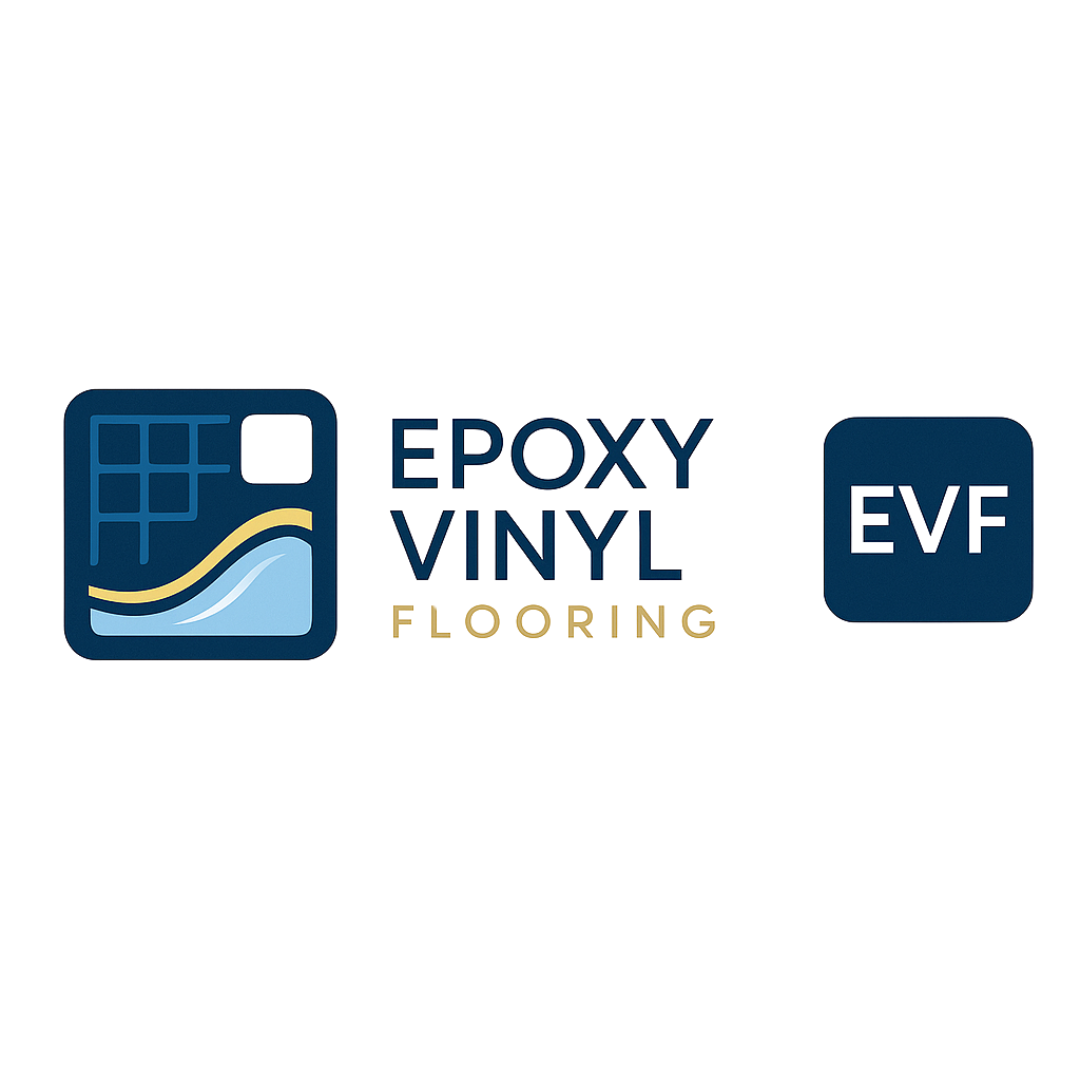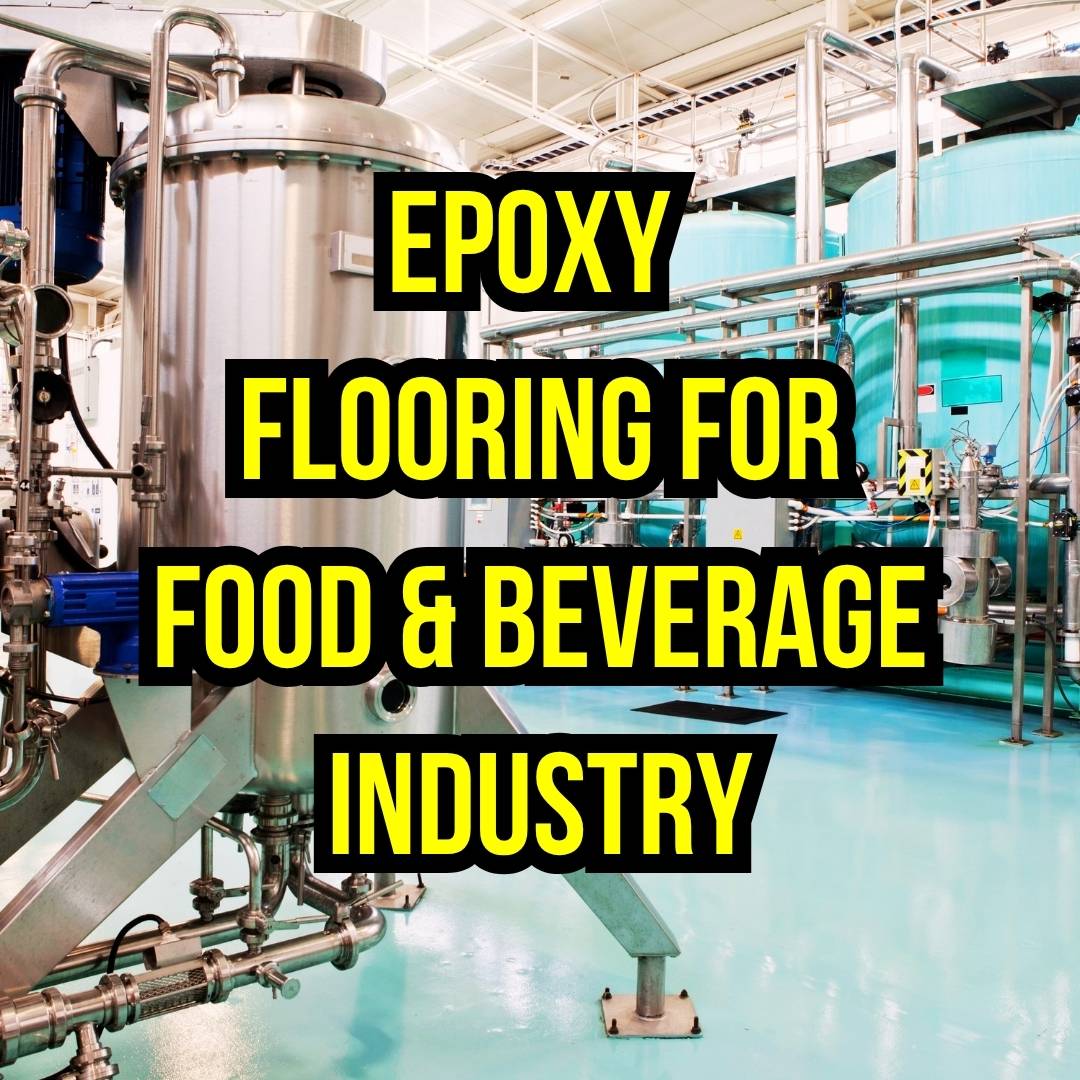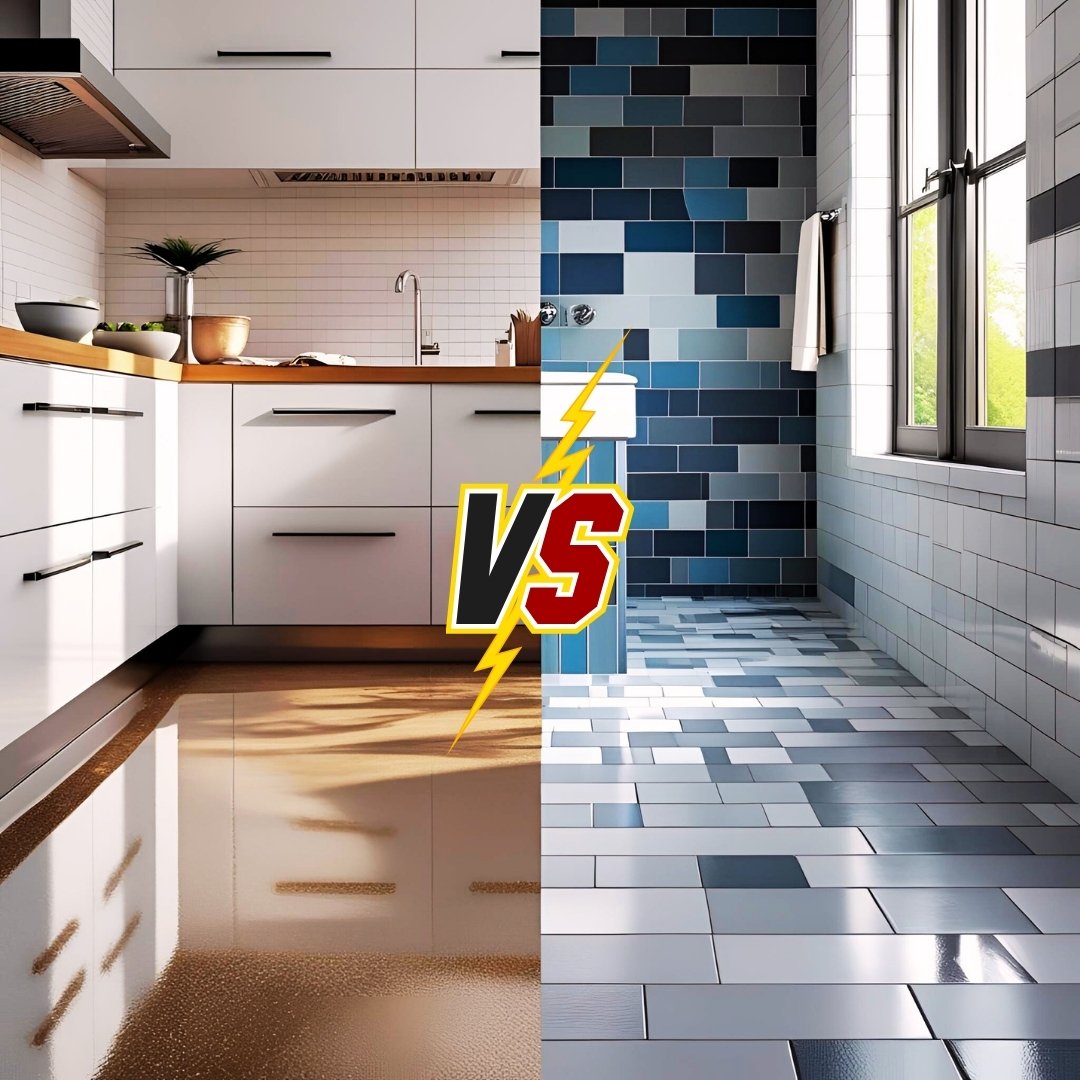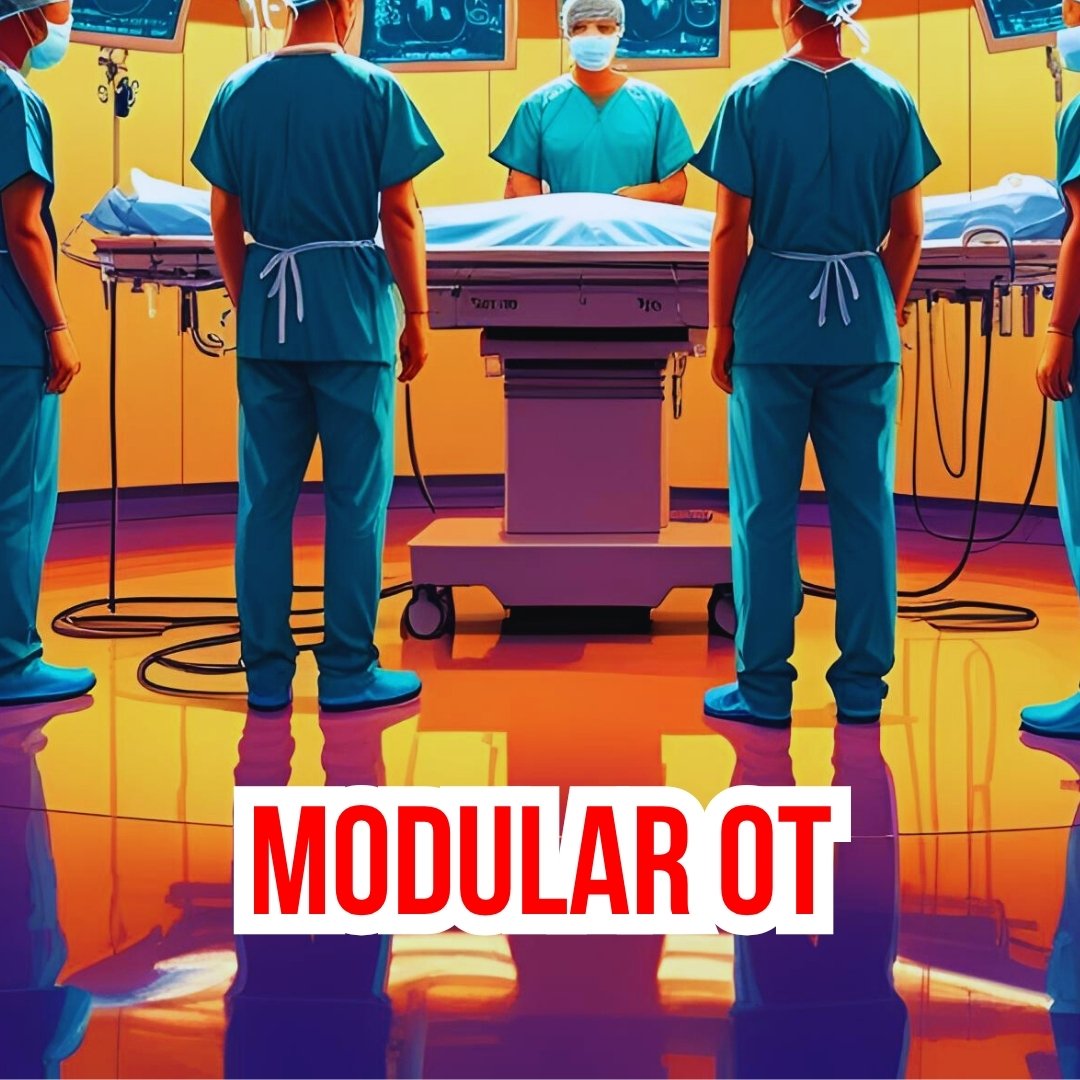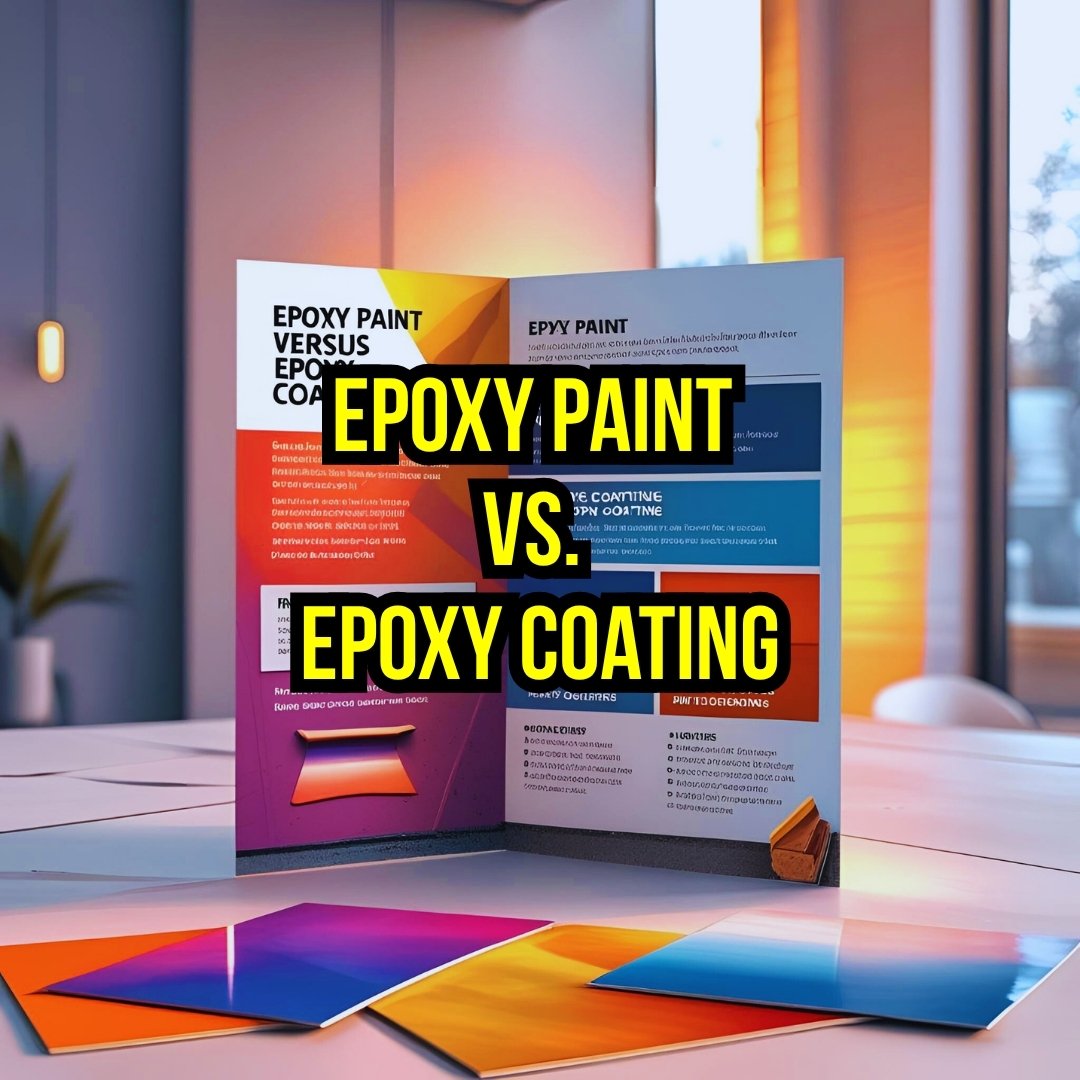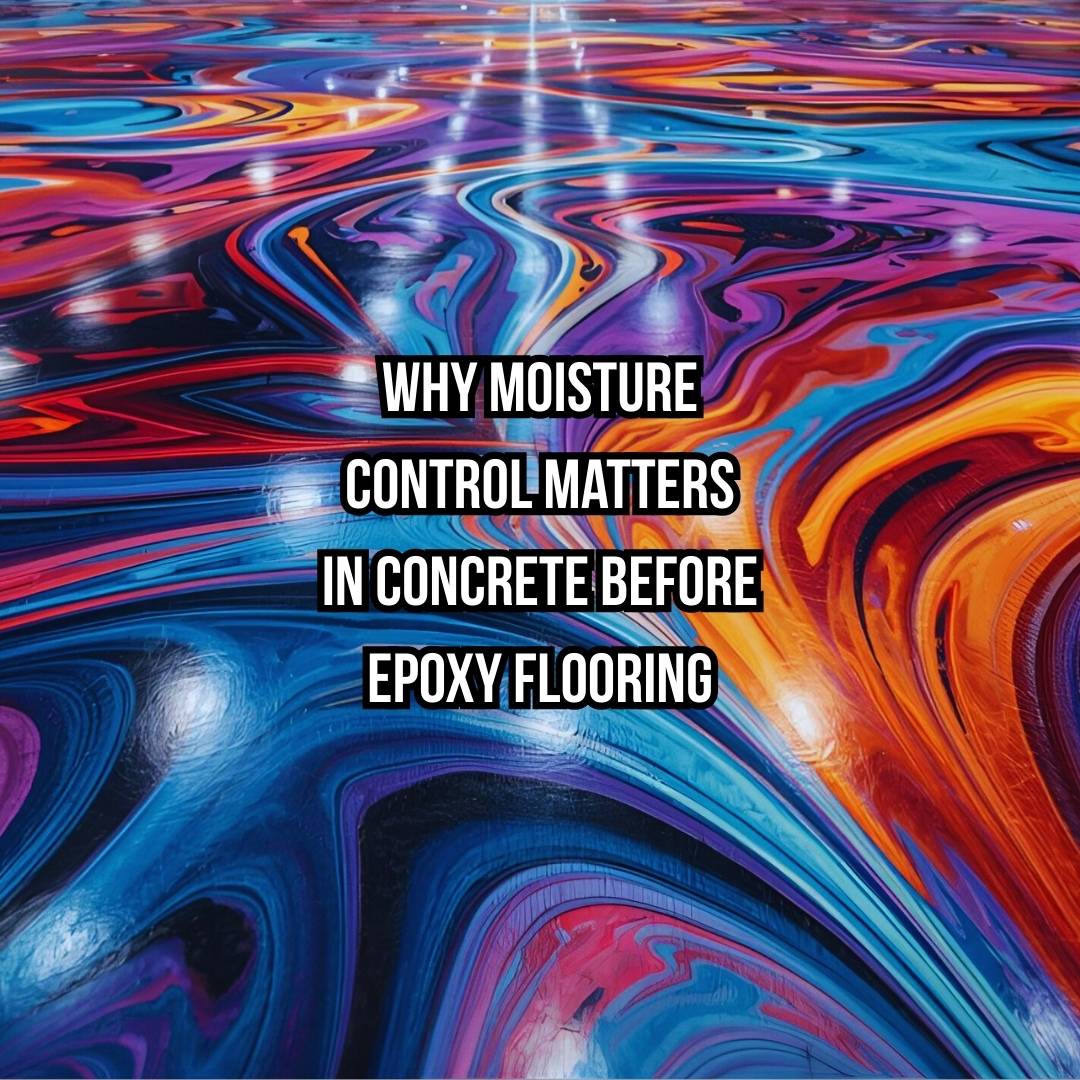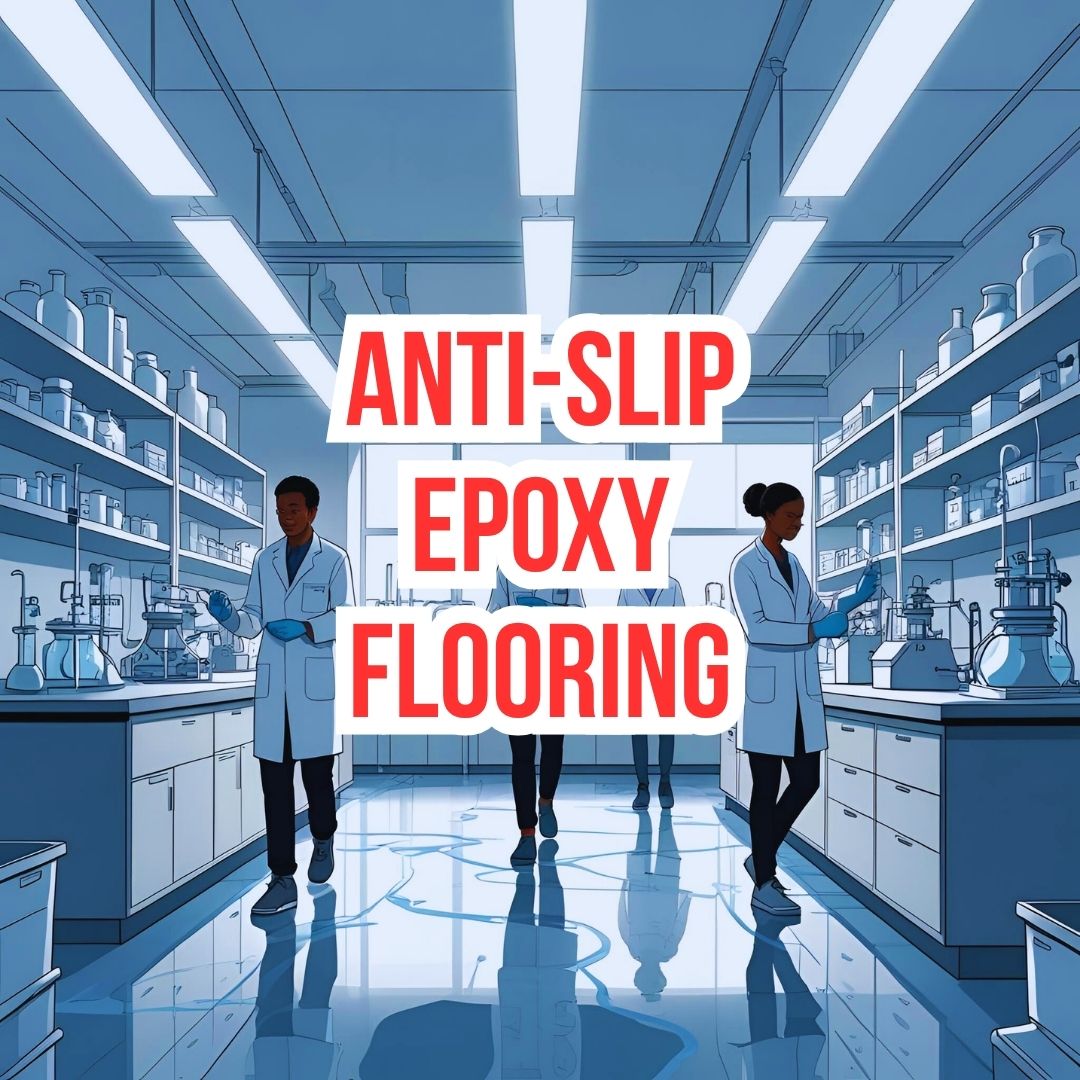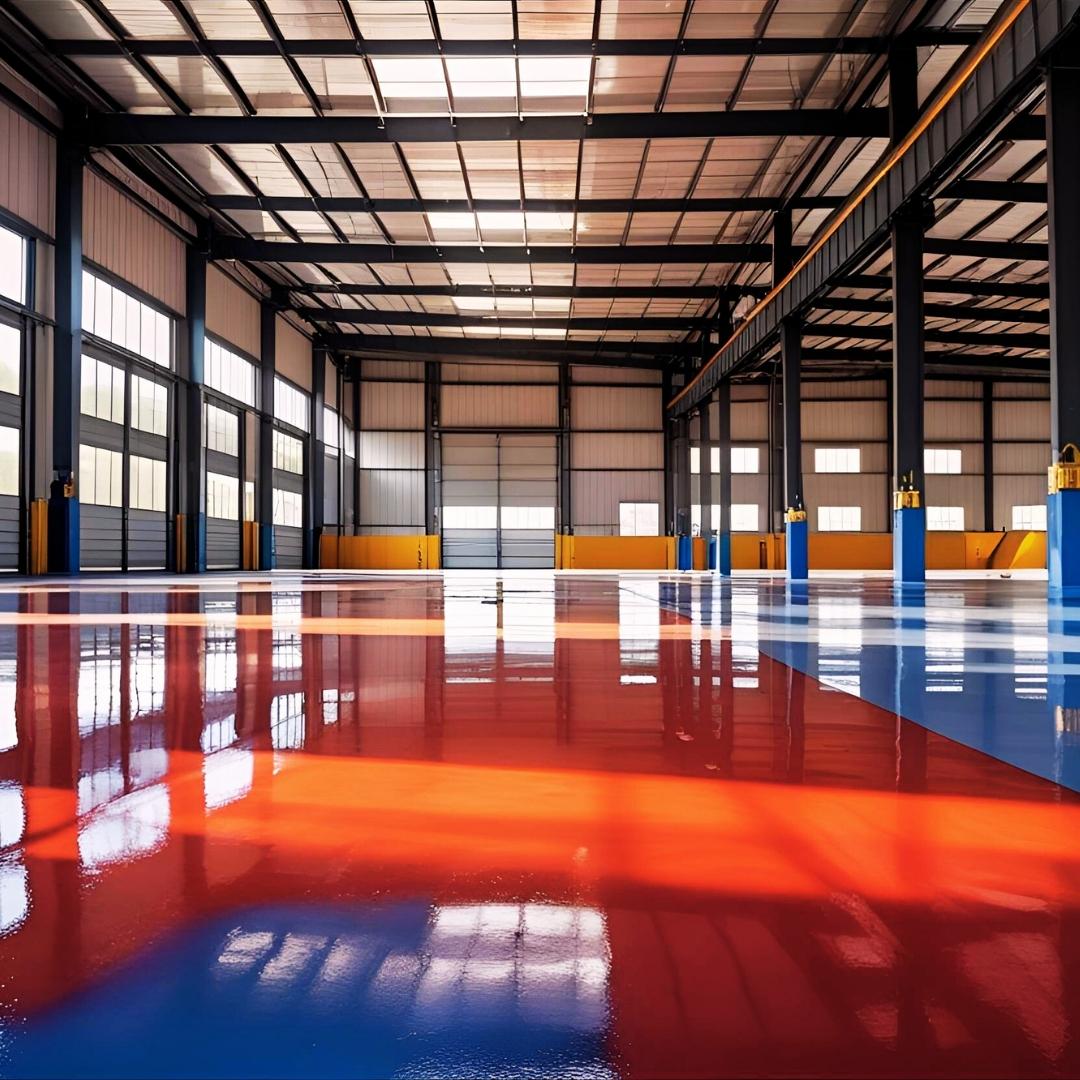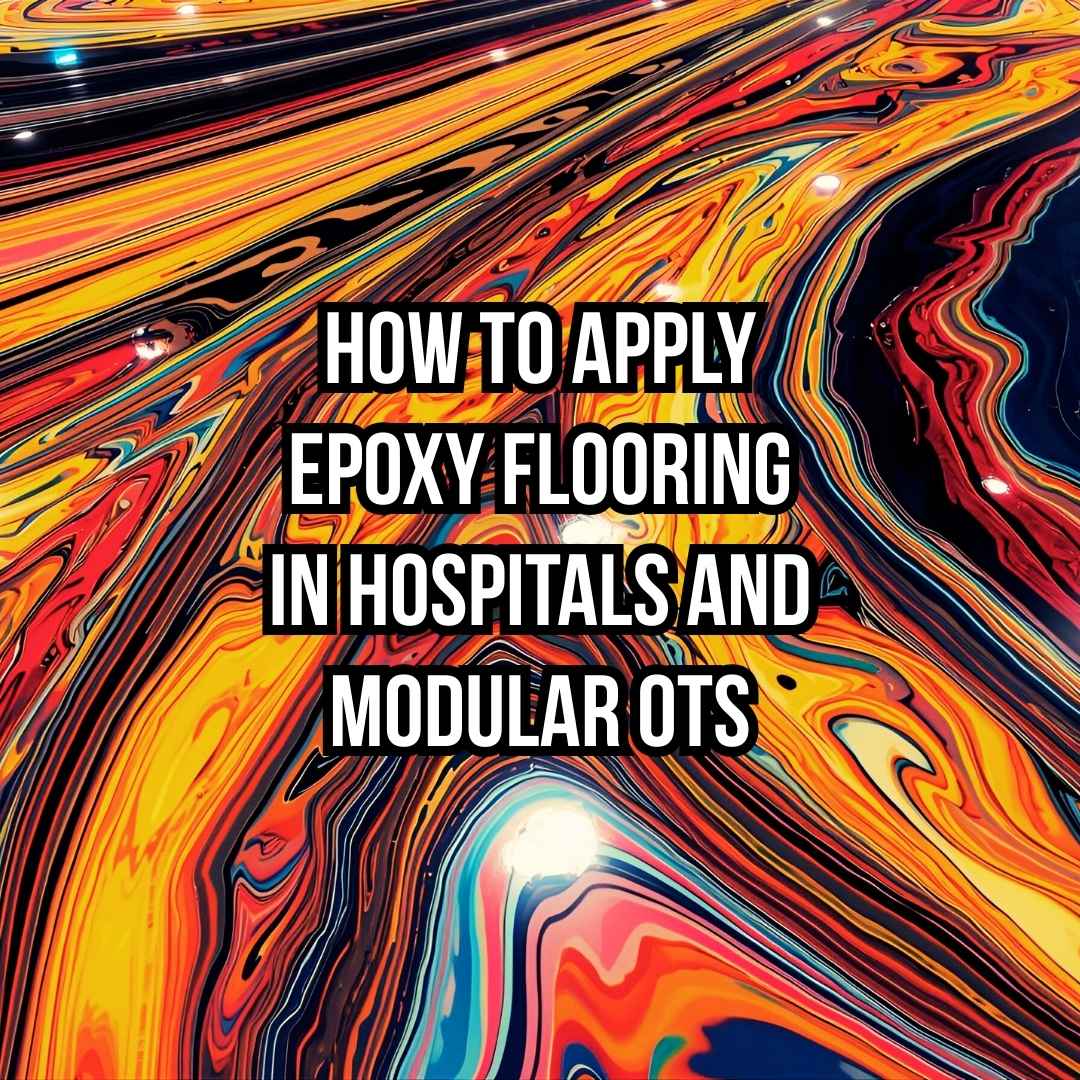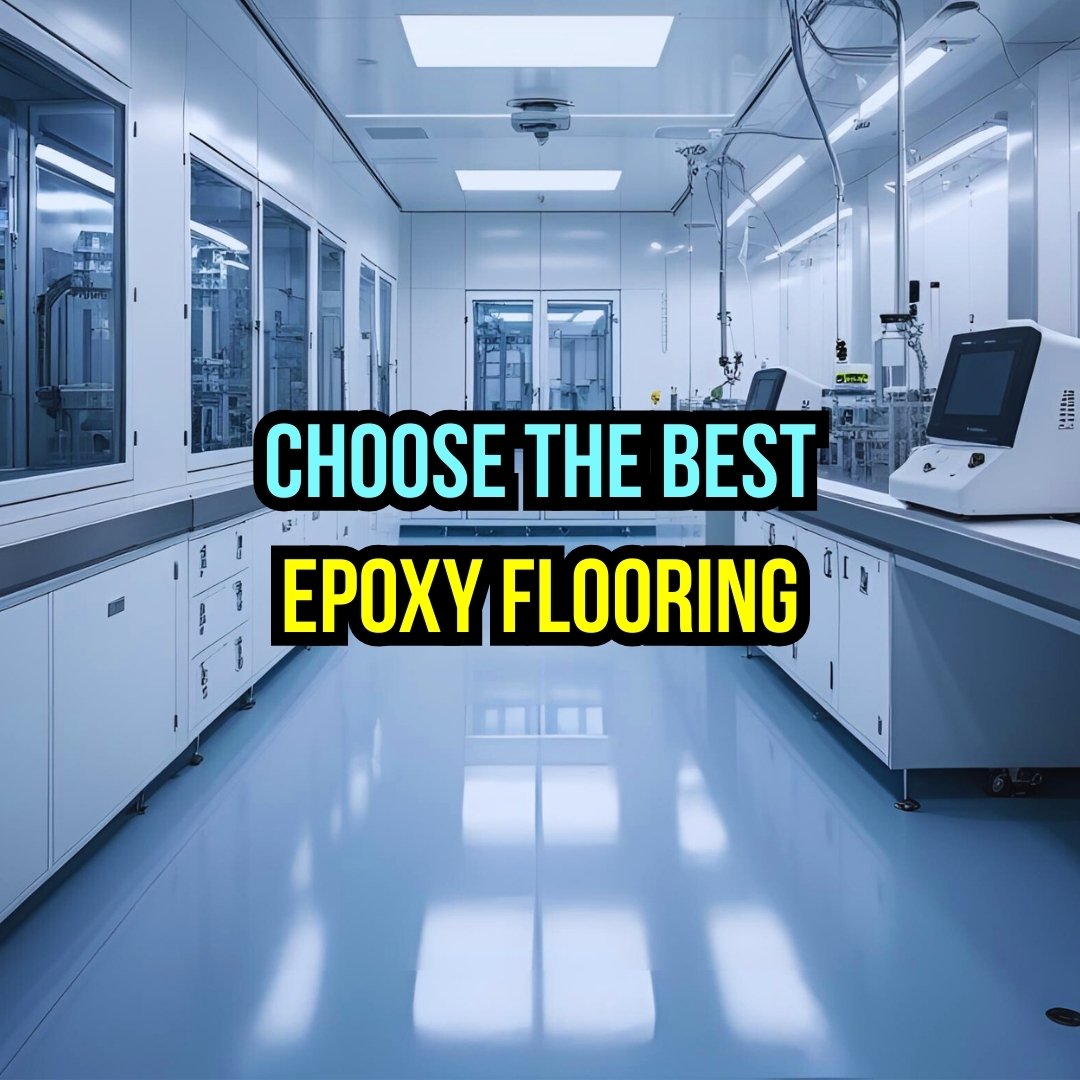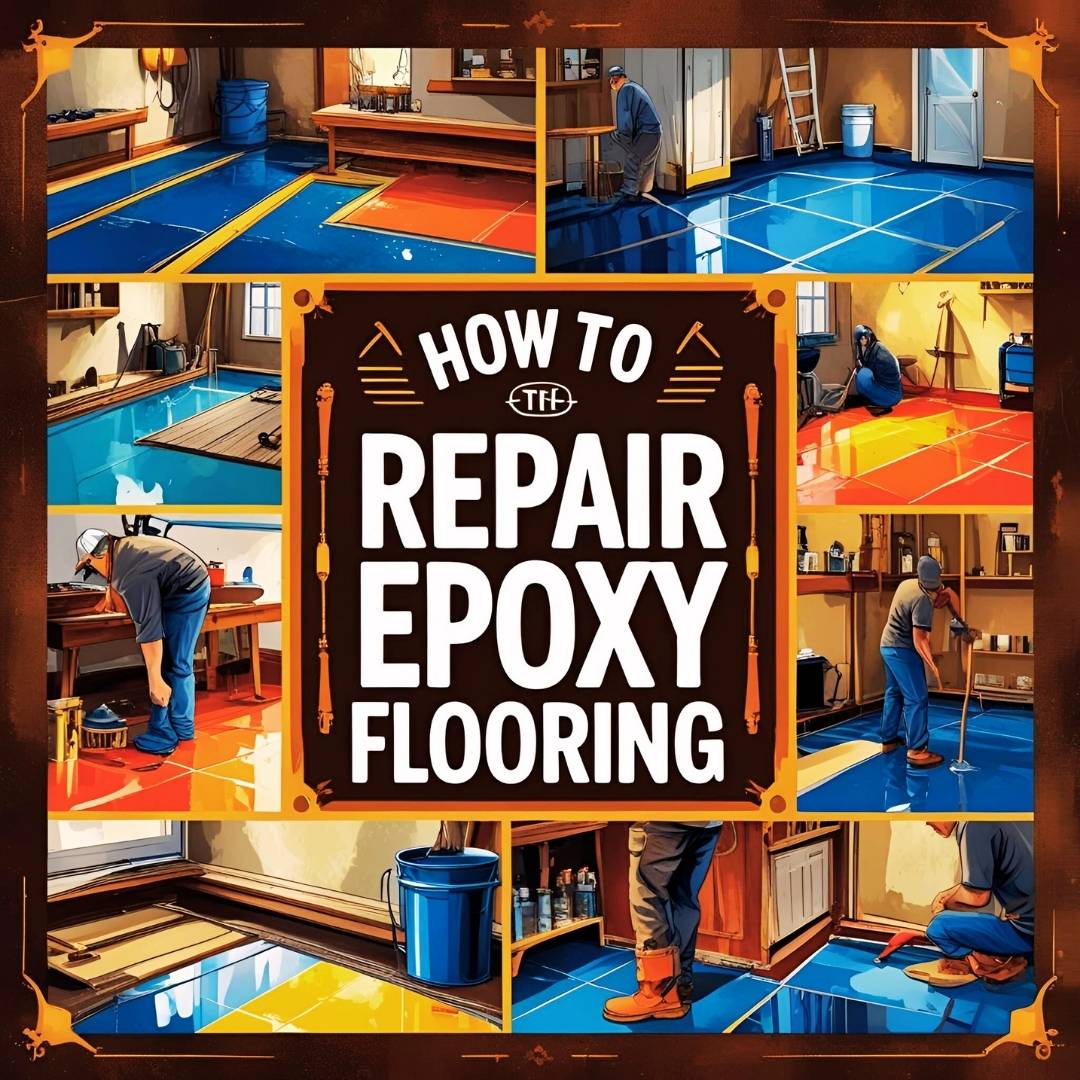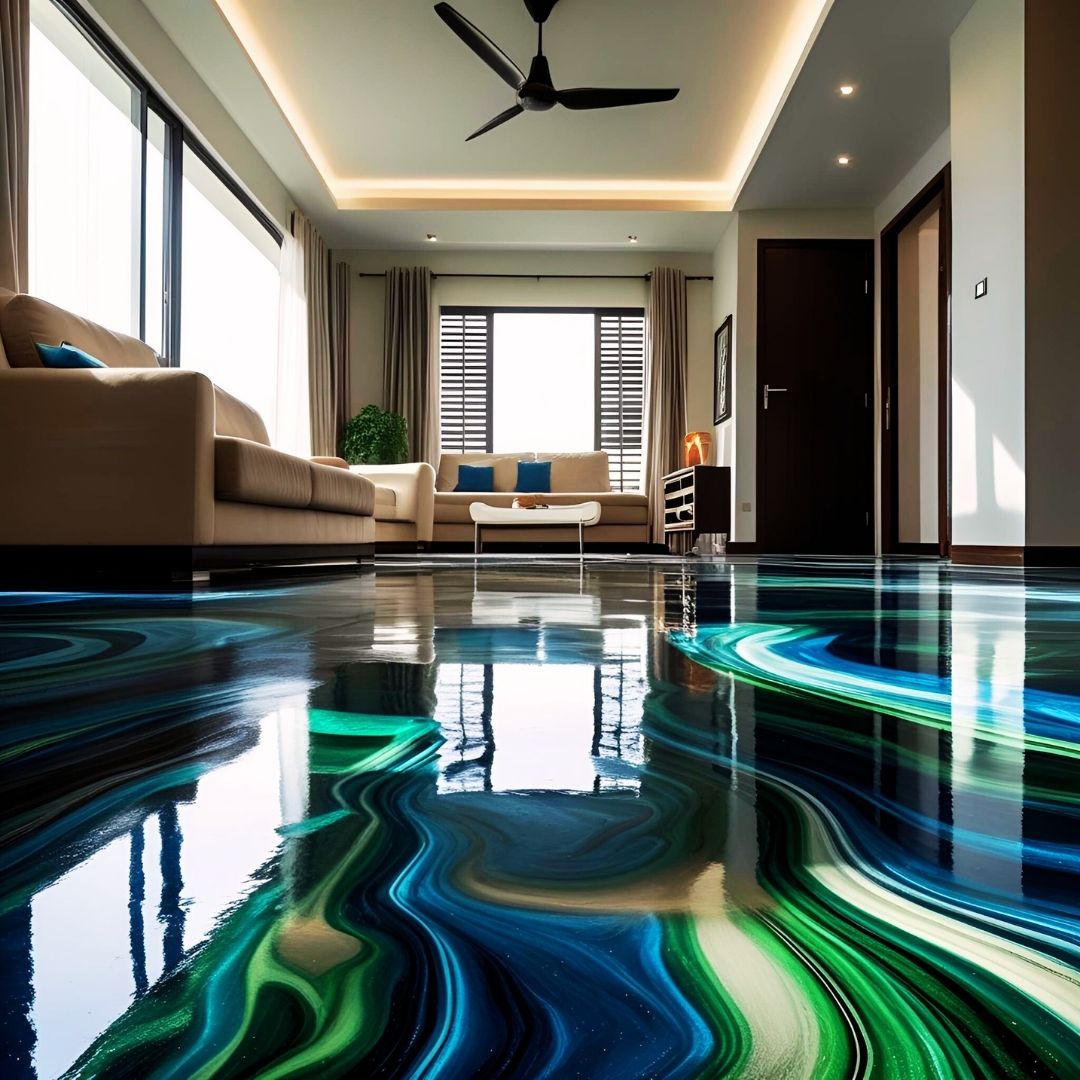
Pharmaceutical cleanrooms in Ahmedabad demand flooring solutions that meet stringent hygiene, durability, and regulatory standards. As a hub for pharmaceutical manufacturing in Gujarat, Ahmedabad hosts numerous facilities in areas like Naroda GIDC, Vatva GIDC, and Changodar, where cleanroom infrastructure is critical. Epoxy flooring has emerged as the gold standard for these environments due to its seamless, chemical-resistant, and easy-to-maintain properties. At Epoxy Vinyl Flooring, we specialize in delivering tailored epoxy flooring solutions that comply with WHO-GMP, USFDA, and ISO 9001:2015 standards, ensuring performance and compliance for pharmaceutical cleanrooms across Ahmedabad.
This article explores why epoxy flooring is the ideal choice for pharmaceutical cleanrooms in Ahmedabad, diving into its benefits, applications, and practical considerations. Whether you’re a QA/QC manager, facility planner, or architect in areas like Bodakdev, Satellite, or Sarkhej, this guide provides actionable insights to help you make informed flooring decisions.
What is Epoxy Flooring?
Epoxy flooring is a robust, seamless coating made from epoxy resin and a hardener, applied over a concrete base. The result is a glossy, durable surface that resists chemicals, abrasions, and microbial growth—qualities essential for pharmaceutical cleanrooms. Unlike traditional tiles or vinyl, epoxy flooring creates a monolithic surface, eliminating joints where contaminants could accumulate. Its self-leveling variants ensure a perfectly flat finish, critical for maintaining sterile environments in facilities across Ahmedabad’s industrial zones like Odhav and Kathwada.
For homeowners in residential areas like Vastrapur or Paldi, epoxy flooring is equally appealing due to its aesthetic versatility and low maintenance. However, in pharmaceutical settings, its technical advantages take center stage, making it a preferred choice for cleanrooms, modular OTs, and labs.
Why Epoxy Flooring is Ideal for Pharmaceutical Cleanrooms
Pharmaceutical cleanrooms require flooring that supports stringent hygiene protocols, withstands heavy equipment, and complies with global standards. Here’s why epoxy flooring stands out:
1. Seamless and Hygienic Surface
Epoxy flooring’s seamless nature eliminates crevices where dust, bacteria, or microbes could accumulate. This is critical for cleanrooms in Ahmedabad’s pharmaceutical hubs like Naroda GIDC, where even minor contamination can compromise product safety. The non-porous surface prevents liquid absorption, making it easy to clean and disinfect, aligning with WHO-GMP and USFDA guidelines.
2. Chemical and Stain Resistance
Pharmaceutical cleanrooms often handle aggressive chemicals, solvents, and cleaning agents. Epoxy flooring resists corrosion from spills, ensuring longevity and safety. For example, in facilities near Vatva GIDC, where chemical handling is common, epoxy’s durability reduces maintenance costs and downtime.
3. Durability and Load-Bearing Capacity
Cleanrooms in Ahmedabad’s industrial zones, such as Changodar, house heavy machinery and constant foot traffic. Epoxy flooring withstands mechanical stress, impacts, and abrasions, making it ideal for high-traffic areas. Its robust nature ensures a lifespan of 10–15 years with proper maintenance, offering excellent value for investment.
4. Compliance with Regulatory Standards
Pharmaceutical facilities must adhere to strict regulations like WHO-GMP, USFDA, and ISO 14644 for cleanroom environments. Epoxy flooring meets these standards by providing a contamination-free surface that supports ISO Class 5–8 cleanroom requirements. At Epoxy Vinyl Flooring, our installations in areas like Sarkhej comply with these norms, ensuring your facility passes audits with ease.
5. Customizable and Aesthetic Appeal
Epoxy flooring offers customizable finishes, from glossy to matte, and a range of colors to suit cleanroom zoning or branding needs. For instance, facilities in Bodakdev or Satellite can opt for color-coded floors to designate sterile zones, enhancing both functionality and visual appeal.
6. Easy Maintenance and Cost-Effectiveness
Maintaining epoxy flooring is straightforward—regular sweeping and occasional mopping with mild detergents keep it pristine. For pharmaceutical plants in Ahmedabad, where downtime is costly, this low-maintenance feature is a significant advantage. The cost of epoxy flooring, typically ranging from ₹150 to ₹300 per square foot, varies based on specific requirements, location, and quality, making it a cost-effective choice compared to frequent repairs needed for tiles or vinyl.
Applications of Epoxy Flooring in Ahmedabad’s Pharmaceutical Sector
Ahmedabad’s pharmaceutical industry, spanning areas like Naroda, Vatva, and Odhav, relies on epoxy flooring for various applications:
- Cleanroom Manufacturing Areas: Epoxy flooring ensures a sterile environment for drug production, preventing contamination in facilities like those in Kathwada.
- Packaging and Storage Zones: Its chemical resistance protects floors from spills during packaging, common in Changodar’s pharma units.
- Quality Control Labs: Labs in Sarkhej benefit from epoxy’s smooth, dust-free surface, ideal for sensitive testing equipment.
- R&D Facilities: Research labs in Gandhinagar and Gota use epoxy for its durability and ease of cleaning, supporting high-precision work.
Comparing Epoxy Flooring vs. Tiles for Pharmaceutical Cleanrooms
To understand why epoxy flooring is preferred, let’s compare it with traditional tiles, a common alternative in Ahmedabad’s facilities:
| Feature | Epoxy Flooring | Tiles |
|---|---|---|
| Seamlessness | Seamless, no joints | Grout lines trap dirt and bacteria |
| Hygiene | Non-porous, antimicrobial | Porous grout requires frequent sealing |
| Durability | High resistance to wear, chemicals, and impact | Prone to cracking under heavy loads |
| Maintenance | Easy to clean, low maintenance | Grout cleaning is labor-intensive |
| Cost (per sq ft) | ₹150–₹300 (varies by specs) | ₹100–₹250 (higher long-term maintenance) |
| Installation Time | 2–5 days depending on area | 5–10 days due to grouting and curing |
| Aesthetic Customization | Wide range of colors and finishes | Limited by tile patterns |
For pharmaceutical cleanrooms in Ahmedabad, epoxy flooring outperforms tiles in hygiene, durability, and compliance, making it the superior choice.
How Epoxy Flooring is Installed in Ahmedabad’s Cleanrooms
The installation process for epoxy flooring is meticulous, ensuring a flawless finish for pharmaceutical environments. Here’s a simplified overview:
- Surface Preparation: The concrete base is cleaned, leveled, and primed to ensure adhesion. In humid areas like Ahmedabad, moisture testing is critical to prevent coating failure.
- Primer Application: A primer layer enhances bonding between the concrete and epoxy, vital for facilities in high-traffic zones like Naroda GIDC.
- Epoxy Application: Multiple layers of epoxy resin are applied, often using self-leveling compounds for a smooth finish. This step is tailored to cleanroom specifications, such as anti-static properties for electronics facilities in Vatva.
- Curing and Finishing: The floor cures for 24–48 hours, followed by optional topcoats for added protection or gloss. In Ahmedabad’s monsoon climate, controlled curing environments are used to ensure quality.
At Epoxy Vinyl Flooring, our team ensures installations meet NABH and ISO standards, with projects completed across Ahmedabad, from Bopal to Sabarmati.
Epoxy Flooring Cost in Ahmedabad
The cost of epoxy flooring in Ahmedabad typically ranges from ₹150 to ₹300 per square foot, depending on factors like:
- Thickness and Type: Self-leveling epoxy costs more than thin coatings.
- Surface Preparation: Complex substrates in older facilities (e.g., in Kalupur) may increase costs.
- Location: Industrial zones like Naroda GIDC may have lower labor costs than premium areas like Satellite.
- Add-Ons: Anti-static or antimicrobial coatings, required for cleanrooms, add to the price.
For a precise quote tailored to your facility in Ahmedabad, contact us at +91-9274313580 or amit@aumindustriesmfg.com.
Addressing Ahmedabad’s Unique Challenges
Ahmedabad’s climate and industrial landscape present unique flooring challenges:
- Monsoon Humidity: Ahmedabad’s humid monsoons, especially in areas like Maninagar, can affect flooring adhesion. Epoxy’s moisture-resistant properties and proper surface preparation mitigate these risks.
- Industrial Traffic: Facilities in Vatva GIDC and Changodar face heavy machinery loads. Epoxy’s high compressive strength ensures durability.
- Regulatory Compliance: Ahmedabad’s pharma sector, a key contributor to Gujarat’s economy, demands WHO-GMP and USFDA-compliant flooring. Epoxy flooring meets these standards, as evidenced by our projects in Naroda and Sarkhej.
Why Choose Epoxy Vinyl Flooring for Your Ahmedabad Cleanroom?
At Epoxy Vinyl Flooring, we bring years of expertise in delivering flooring solutions for pharmaceutical cleanrooms across Ahmedabad. Here’s why we’re the trusted choice:
- Local Expertise: Based at World Trade Tower, Makarba, we understand Ahmedabad’s industrial and residential needs, from Gota to Vastral.
- Turnkey Solutions: As part of AUM Industries, we offer end-to-end services, from design to installation, ensuring compliance with ISO 9001:2015 and WHO-GMP.
- Customized Offerings: We tailor epoxy flooring to your specific needs, whether for a cleanroom in Odhav or a lab in Bodakdev.
- Pan-India Support: Our network ensures timely delivery and support, even for large-scale projects in Naroda GIDC or Vatva.
FAQs About Epoxy Flooring for Pharmaceutical Cleanrooms in Ahmedabad
1. What is epoxy flooring, and why is it used in pharmaceutical cleanrooms?
Epoxy flooring is a seamless, resin-based coating that provides a durable, hygienic surface. It’s used in pharmaceutical cleanrooms for its non-porous, chemical-resistant properties, ensuring compliance with WHO-GMP and USFDA standards.
2. How long does epoxy flooring last in Ahmedabad’s cleanrooms?
With proper maintenance, epoxy flooring lasts 10–15 years in pharmaceutical settings. Regular cleaning and avoiding harsh abrasives ensure longevity, even in high-traffic areas like Naroda GIDC.
3. How does Ahmedabad’s monsoon affect epoxy flooring?
Ahmedabad’s humid monsoon climate can challenge flooring adhesion. Proper surface preparation and moisture-resistant primers, as used by Epoxy Vinyl Flooring, ensure a durable finish that withstands humidity in areas like Maninagar.
4. What is the cost of epoxy flooring per square foot in Ahmedabad?
Epoxy flooring costs ₹150–₹300 per square foot in Ahmedabad, varying based on thickness, location, and specific requirements like anti-static coatings. Contact us for a tailored quote.
5. Is epoxy flooring better than vinyl for pharmaceutical cleanrooms?
Epoxy flooring is preferred for its seamless, chemical-resistant surface, ideal for sterile environments. Vinyl is suitable for less stringent areas but may not match epoxy’s durability in cleanrooms.
6. How can I maintain epoxy flooring in my Ahmedabad facility?
Sweep daily to remove dust and mop weekly with a mild detergent. Avoid acidic cleaners to preserve the finish, especially in humid areas like Sabarmati.
Conclusion: Invest in Epoxy Flooring for Your Ahmedabad Cleanroom
Epoxy flooring is the cornerstone of a compliant, efficient, and durable pharmaceutical cleanroom in Ahmedabad. Its seamless, hygienic, and customizable properties make it the top choice for facilities in Naroda, Vatva, Changodar, and beyond. Whether you’re upgrading a cleanroom in Sarkhej or designing a new lab in Bodakdev, Epoxy Vinyl Flooring delivers solutions that meet global standards and local needs.
Ready to transform your pharmaceutical cleanroom with epoxy flooring? Contact Epoxy Vinyl Flooring today for a free consultation. Call or WhatsApp us at +91-9274313580 or email amit@aumindustriesmfg.com. Let’s build a clean, compliant, and future-ready environment together!

